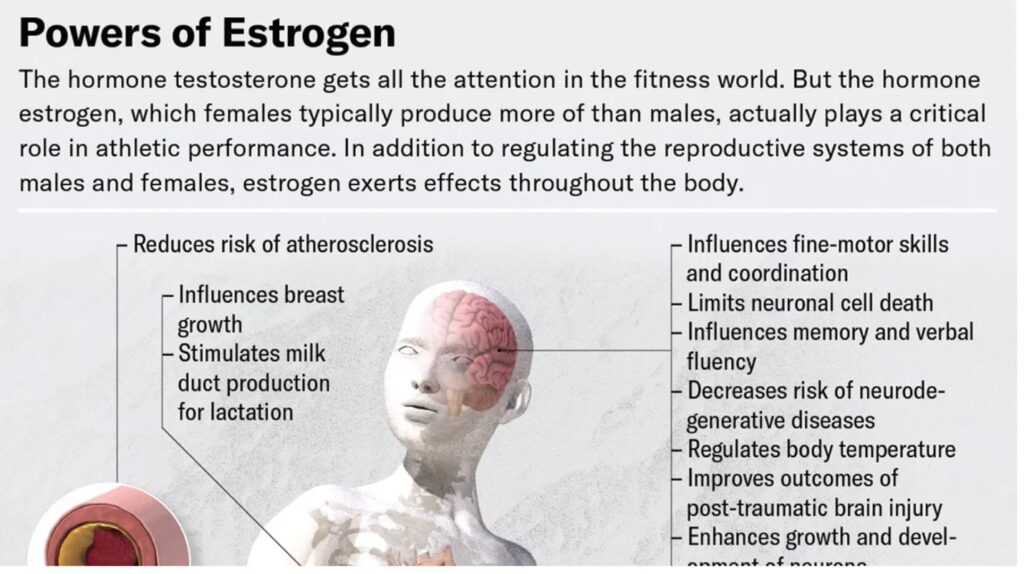Many readers will already be aware of the concept of Creative Commons. The basic idea is to facilitate collaboration, interaction and people adding value to each other’s online work. Creative Commons provides licenses for sharing easily, without giving up some of the author’s basic rights. A great exposition of this entire concept is given by the founder of the entire idea, Lawrence Lessig, in an engaging TED talk (you didn’t think that intellectual property rights could be that entertaining, did you?). See below.
Now that larger idea is extremely important in the South Caucasus as well. There is a lack of ideas, there’s a lack of great materials for people to use, to teach, to read, to share, especially in the local languages. And conversely, there’s little respect for authorship, and for the people that have created valuable content.
Introducing Creative Commons in the South Caucasus could be one step to alleviate this: not just by providing the licenses along the “build it and they’ll come” expectation, but using the very process to advocate ideas of online interaction and sharing, and recreation.
And: this is precisely what Eurasia Partnership Foundation is about to do. They invite applications until the end of the month, hoping that some qualified groups will apply to port the licenses, and to popularize the concept. Hopefully, this will help to start the debate.
So for anyone interested in the web, or in Intellectual Property issues this really is a unique opportunity. Find a gang of like-minded people, apply, and get paid to popularize what you care about. Check the website of Eurasia Partnership Foundation for more detail. (The project is running in all the three countries, but I’m just linking the Georgian site.)
Here is the talk:









